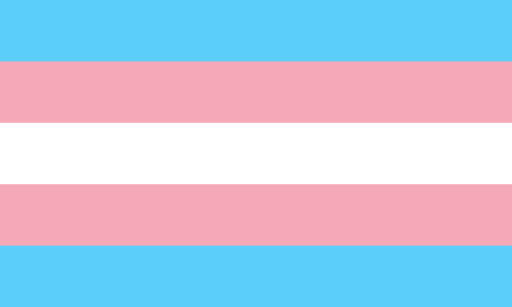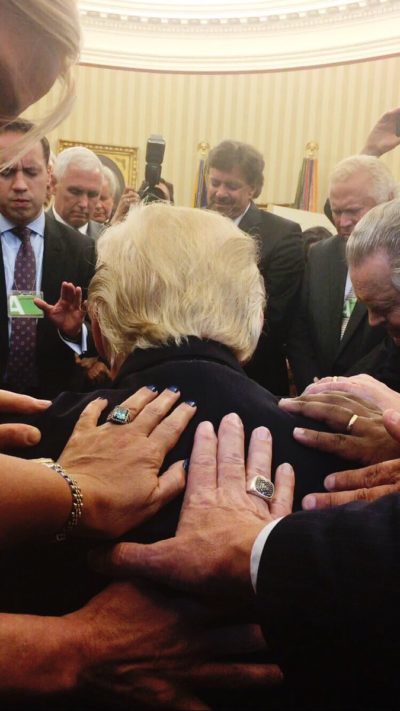Possibly in response to reaction to his remarks to seminary students last week, John MacArthur took a more conciliatory tone in his most recent blog post on social justice. Published Monday August 27, MacArthur said, “I do not relish controversy, and I particularly dislike engaging in polemical battles with other evangelical Christians.” However, he defended his stance on social justice saying, “But as my previous posts in this series demonstrate, when the gospel is under attack from within the visible church, such controversy is necessary.”
About racism, MacArthur wrote:
Racism is a stain on American history that has left shame, injustice, and horrible violence in its wake. The institution of slavery and a costly civil war left a deep racial divide and bred bitter resentment on every side. No sensible person would suggest that all the vestiges of those evils were totally erased by the civil rights movement of the mid-twentieth century. Civil rights legislation now guards the legal principle of equal rights for all Americans, but no law can change the heart of someone who is filled with prejudice or bitterness.
In the next passage, he seems to move from understanding the ravages of racism in our history to not understanding it.
As Christians we know that the human heart is evil, so undoubtedly there are still people who secretly harbor animosity against ethnicities other than their own. But any open expression of acrimony, ill will, or deliberate antagonism across ethnic lines will be scorned and emphatically rejected across the whole spectrum of mainstream American life today.
Of course, people everywhere still tend to be oblivious to or inconsiderate of customs, traditions, community values, and ethnic differences outside their own culture. Culture clash is a universal problem, not a uniquely American quandary—and it’s not necessarily an expression of ethnic hostility. But Americans’ contempt for racial bigotry is now so acute that even accidental cultural or ethnic insensitivity is regularly met with the same resentment as blind, angry racism—and even a simple social gaffe is likely to be treated the same as bigotry. There are people—increasing numbers of them—so obsessed with this issue that they seem able to find proof of racism in practically everything that is said or done by anyone who doesn’t share their worldview.
I understand when fallen, worldly people filled with resentment lash out at others that way. I don’t understand why Bible-believing Christians would take up that cause. I thought the evangelical church was living out true unity in Christ without regard for race. That has certainly been my experience in every church I’ve ever been part of, and it’s also what I have seen in the wider evangelical world. I don’t know of any authentically evangelical church where people would be excluded or even disrespected because of their ethnicity or skin color. Just last Sunday night—as we do every month—we received about a hundred new members into Grace Church. It was another testimony to God’s love crossing all ethnic lines, as the group was composed of Hispanics, Filipinos, Chinese, Ugandans, Nigerians, Mongolians, Koreans, Ukrainians, Armenians, Lithuanians, Russians, Austrians, people of Arabic descent, as well as black and white Americans.
It seems to me that there are many minority brothers and sisters who have been crying out in the church hoping that establishment white preachers will listen to the disrespect and exclusion that they experience. MacArthur says in this paragraph that he doesn’t know any “authentically evangelical church” where this is happening. One of his alums, Terrance Jones, wrote a response to one of his blog posts recently. I wonder if he read it.
When he says those who seek racial reconciliation are a disaster for the gospel, I suspect they feel disrespected. Perhaps, white pastors who dismiss minority voices should listen first and speak later, much later.
Furthermore, look and listen to the culture. We have a president who has hosted 100 evangelical big names last night who early in his term said there were “very fine people” among neo-Nazi demonstrators. That same president prefers immigrants from white Norway versus black and brown “s***hole countries.” These same evangelical leaders give this president the highest praise.
When evangelical leaders are silent when the president or other elected leaders divide us through their racism or xenophobia, somebody must come along side them. Social justice minded Christians have done so. What good does MacArthur’s criticism do?
MacArthur finishes his post by criticizing apologies to groups for past wrongs.
So by this view of “social justice,” a person’s skin color might automatically require a public expression of repentance—not merely for the evils of whatever culture his ancestors were part of, but also for specific crimes he cannot possibly have been guilty of.
There’s nothing remotely “just” about that idea, and certainly nothing related to the gospel of Jesus Christ. The answer to every evil in every heart is not repentance for what someone else may have done, but repentance for our own sins, including hatred, anger, bitterness, or any other sinful attitude or behavior.
When it comes to personal salvation, of course individual repentance is necessary. However, no social justice advocate I know ever promoted public repentance as a way to salvation. This is a straw man.
Taking it a bit further, the value of representatives of government or of a church saying we were wrong is symbolic and can be healing. Individual leaders took actions on behalf of organizations or nations. Leaders today should lead those organizations and nations and say those actions were wrong. For instance, I am a supporter of the Native American Apology Resolution. Conservative Christian Sam Brownback pushed it through Congress when he was a Senator and it was signed by Barack Obama (even though it was never really publicized well).
Like this article and want to see more like it? Support this blog at Patreon.com.
[email-subscribers namefield=”NO” desc=”Subscribe to receive notification of new posts.” group=”Public”]
Image: The Master’s University, by Lukasinla [GFDL (http://www.gnu.org/copyleft/fdl.html) or CC BY 3.0 (https://creativecommons.org/licenses/by/3.0)], from Wikimedia Commons



